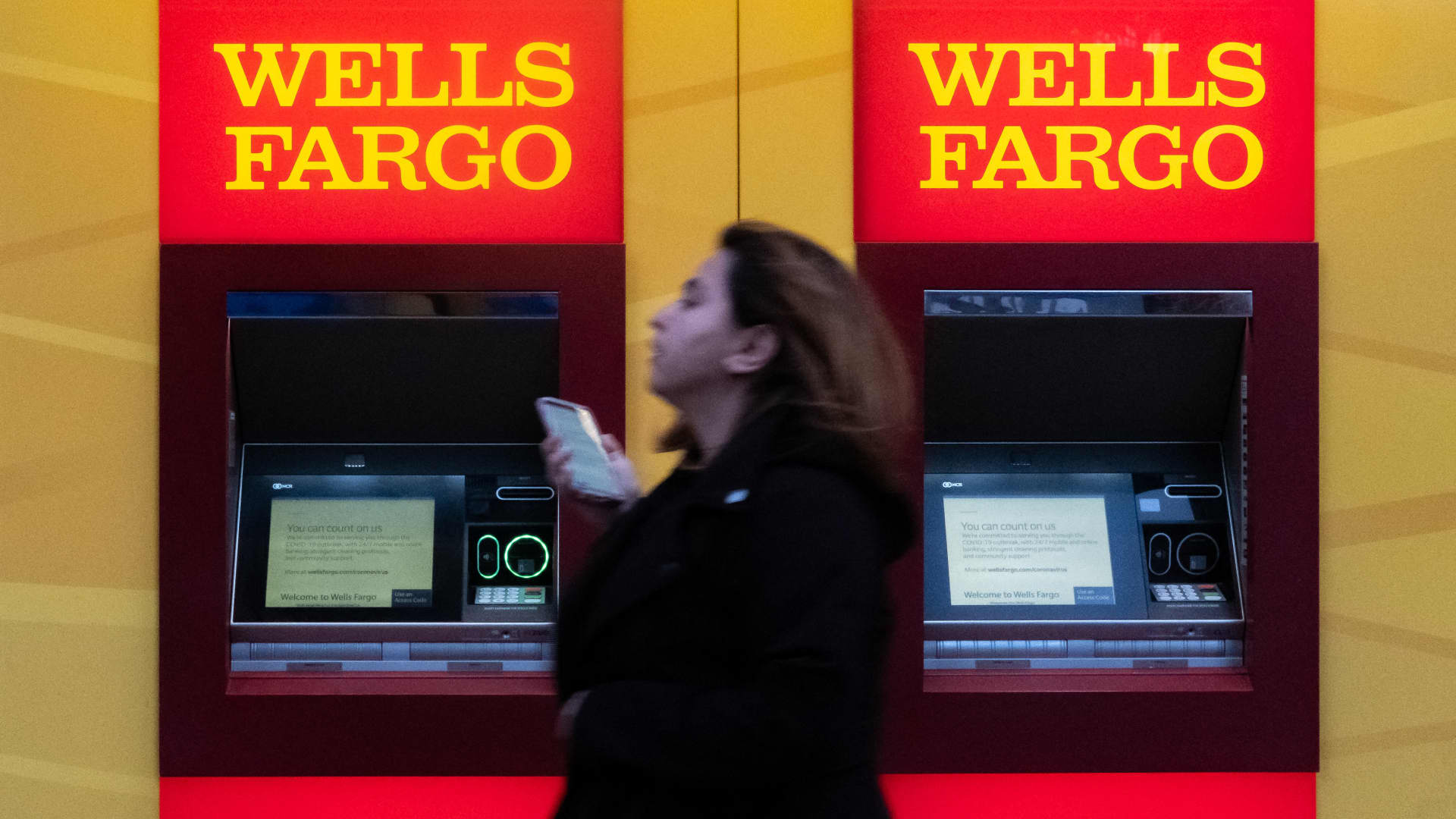Bill Ackman, founder and CEO of Pershing Square Capital Management.
Adam Jeffery | CNBC
Billionaire investor Bill Ackman is postponing the highly scrutinized listing of Pershing Square’s U.S. closed-end fund, according to a notice on the New York Stock Exchange’s website.
The initial public offering of Pershing Square USA Ltd, with the ticker PSUS, has been delayed until a date to be announced, according to the website. Ackman is now looking to raise $2.5 billion to $4 billion for the fund, well short of the $25 billion target from a few weeks ago, according to a regulatory filing dated Thursday.
Pershing Square declined to comment further.
Closed-end funds sell a set number of shares during their IPO, and they trade on market exchanges after their debut. The price of the fund doesn’t necessarily match the shares’ net asset value, so the fund may trade at a premium or a discount.
“There is enormous sensitivity to the size of the transaction,” Ackman said in a July 24 letter to investors that was included in the filing. “Particularly in light of the novelty of the structure and closed end funds’ very negative trading history, it requires a significant leap of faith and ultimately careful analysis and judgment for investors to recognize that this closed end company will trade at a premium after the IPO when very few in history have done so.”
Pershing Square had $18.7 billion in assets under management at the end of June. Most of its capital is in Pershing Square Holdings, a $15 billion closed-end fund that trades in Europe. Ackman is seeking to offer a similar closed-end fund listed on the New York Stock Exchange, a move that could pave the way for an IPO of his management company.
The public listing of Ackman’s fund is seen as a move to leverage his following among Main Street investors after he accumulated more than one million followers on social media platform X, commenting on issues ranging from antisemitism to the presidential election. The publicly traded closed-end fund is expected to invest in 12 to 24 large-cap, investment-grade, “durable growth” companies in North America.
In the roadshow presentation that he made public, Ackman highlighted the challenge in managing traditional hedge funds that investors can yank out their money anytime, which can result in constant fundraising and soothing of investors. The advantage of managing permanent capital is that it makes him more focused on the portfolio and gives him the ability to take a long-term approach in investments.
“If you want to be a long term investor in businesses, the challenge of managing a portfolio where money can come and might go is significant. Action can have a significant negative impact on one’s returns,” Ackman said.
— CNBC’s Leslie Picker contributed reporting.















